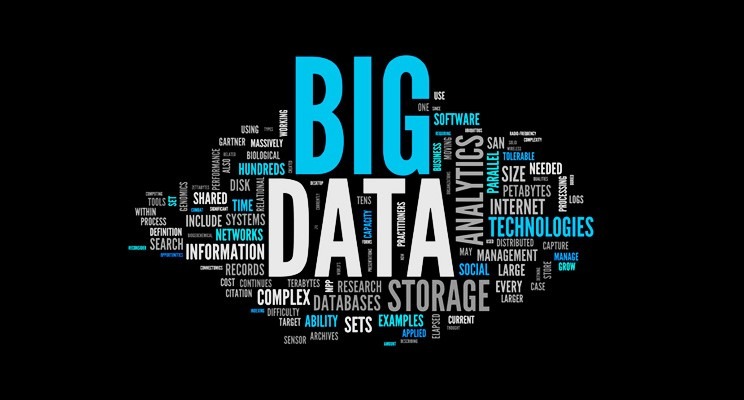In today’s data-driven world, businesses are presented with an abundance of information that can be harnessed for strategic decision-making. Big Data, characterized by vast and complex datasets, plays a pivotal role in helping organizations gain insights, identify trends, and make informed choices that can drive success. This article explores the significant role that Big Data plays in shaping strategic business decisions, delving into its applications, benefits, and challenges.
Understanding Big Data
Defining Big Data
Big Data refers to datasets that are too large and complex for traditional data processing and analysis methods. These datasets typically consist of structured, semi-structured, and unstructured data from various sources, including social media, sensors, and customer interactions.
The Three Vs of Big Data
Big Data is often defined by the three Vs:
- Volume: The sheer amount of data generated and collected.
- Velocity: The speed at which data is generated and processed.
- Variety: The diversity of data types, from text and numbers to images and videos.
Applications of Big Data in Decision-Making
Market Analysis
Big Data analytics enables businesses to assess market trends, customer preferences, and competitive landscapes. By analyzing large volumes of data, companies can identify emerging opportunities and potential threats, allowing for more informed market strategies.
Customer Insights
Understanding customer behavior is essential for businesses. Big Data helps organizations gather valuable insights into customer preferences, habits, and sentiment through data collected from online interactions, social media, and purchase history. This information aids in tailoring products and services to meet customer needs effectively.
Operational Efficiency
Big Data can optimize internal processes and resource allocation. Through data-driven analysis, companies can identify bottlenecks, reduce inefficiencies, and allocate resources more effectively, ultimately improving operational efficiency and cost management.
Risk Management
Big Data analytics enhances risk assessment and management. By analyzing historical and real-time data, businesses can identify potential risks, such as market volatility or supply chain disruptions, and develop proactive risk mitigation strategies.
Benefits of Leveraging Big Data for Strategic Decisions
Informed Decision-Making
One of the primary benefits of Big Data is its ability to provide organizations with relevant, up-to-date information. This empowers decision-makers to make informed choices based on data-driven insights rather than intuition or incomplete information.
Competitive Advantage
Companies that harness the power of Big Data gain a competitive edge. By identifying trends and opportunities faster than their competitors, these organizations can adapt and respond more effectively to changing market conditions.
Improved Customer Experience
Understanding customer behavior through Big Data analysis allows businesses to tailor their products and services to meet customer expectations. This personalization enhances the overall customer experience, leading to increased loyalty and retention.
Enhanced Product Development
Big Data aids in product development by providing insights into customer preferences and identifying areas for improvement. Businesses can use this information to create products that better align with market demands.
Challenges in Utilizing Big Data for Decision-Making
Data Privacy and Security
With the increased collection and storage of personal data, data privacy and security concerns have grown. Businesses must navigate regulatory frameworks and invest in robust cybersecurity measures to protect sensitive information.
Data Quality
The accuracy and reliability of data can vary significantly. Poor data quality can lead to incorrect conclusions and misguided decisions. Maintaining data quality is an ongoing challenge in the world of Big Data.
Infrastructure and Costs
Managing and analyzing vast amounts of data requires advanced infrastructure and substantial financial investments. Small and mid-sized businesses may face difficulties in accessing and affording these resources.
Talent Shortage
The demand for data scientists and analysts has surged with the rise of Big Data. Many organizations struggle to find and retain qualified professionals who can extract valuable insights from their data.
Conclusion
Big Data has transformed the way businesses approach decision-making. Its ability to process massive datasets and provide actionable insights empowers organizations to make informed, strategic choices. By leveraging Big Data analytics, businesses can gain a competitive advantage, enhance customer experiences, and improve operational efficiency. However, challenges such as data privacy, quality, infrastructure, and talent shortages must be addressed to fully harness the potential of Big Data in driving strategic success. In an increasingly data-centric world, organizations that prioritize data-driven decision-making will be better positioned for growth and innovation.

